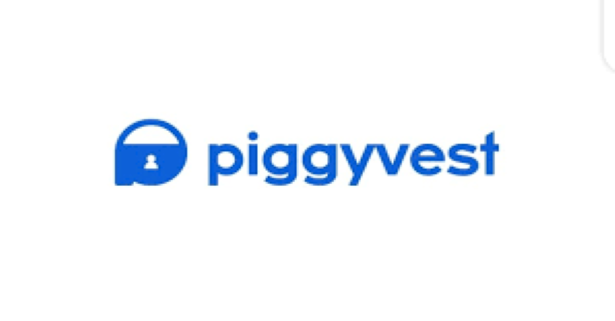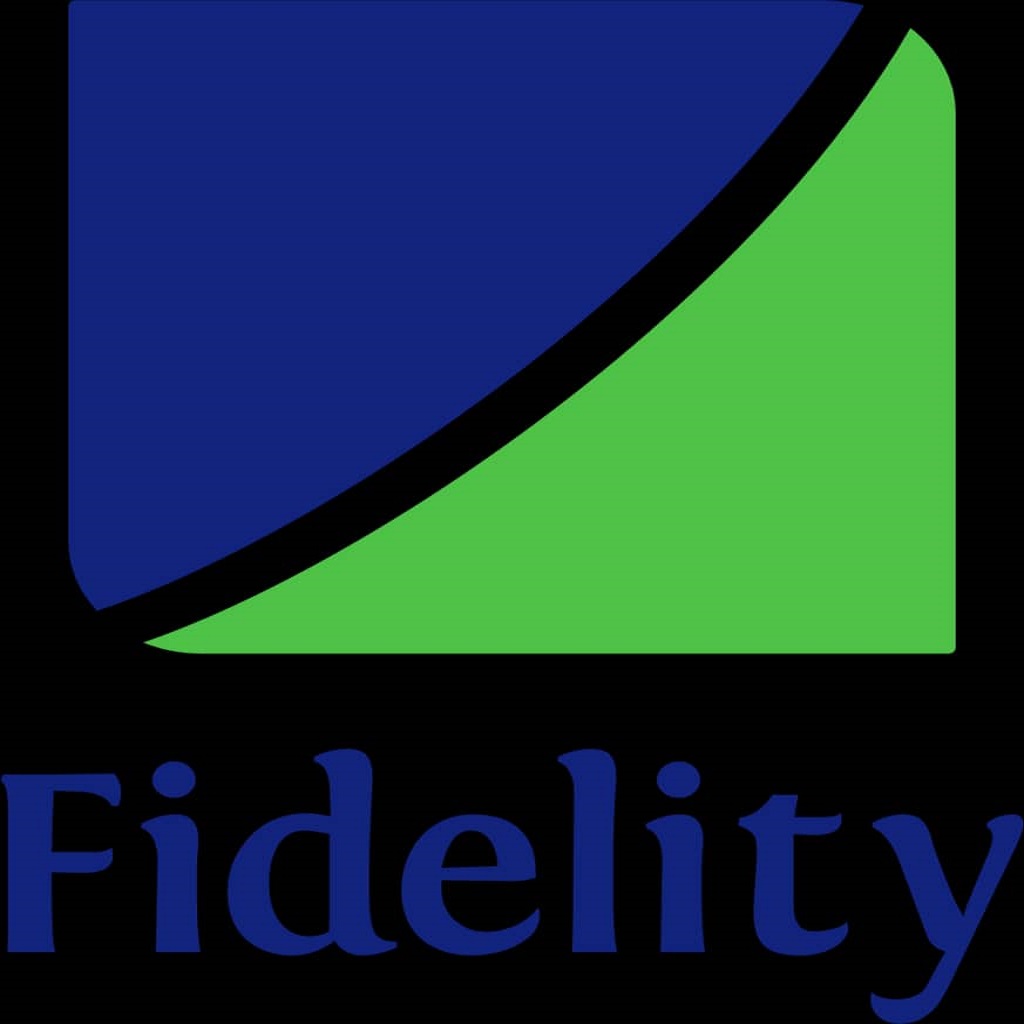E-Financial
PocketApp Secures AIP for Mobile Money Operator License in Nigeria

The Central Bank of Nigeria (CBN) has granted an Approval In Principle (AIP) to Abeg Technologies Limited, a product of Piggytech Global Limited, as a Mobile Money Operator (MMO) in Nigeria.

With the platform becoming Nigeria’s first social commerce platform to secure the CBN’s AIP for an MMO license, the announcement marks a crucial development in the company’s bid to support seamless payments and online commerce throughout the country.
Additionally, in a move to underline its evolution from a money transfer app to a social commerce platform, Abeg is rebranding completely to “Pocket by Piggyvest” (PocketApp).
The platform’s new name references its added functionalities for users to buy and sell items via virtual pocket shops and reinforces its push into a social commerce market estimated to reach US$23.8 billion by 2028 in Nigeria alone.
PocketApp received an AIP dated April 25, 2022, from the Central Bank of Nigeria (CBN) for a license application to operate as a Mobile Money company. For the Piggytech subsidiary, this is the first step towards final approval, subject to the fulfilment of certain conditions as stipulated by the CBN.
Commenting on the approval, Odunayo Eweniyi, Co-Founder and COO of Piggytech Global Limited, stated, “We’re incredibly pleased that PocketApp has been granted an approval in principle as a Mobile Money Operator in Nigeria. We will now work closely with the Central Bank to meet all its conditions to receive the full operating license, enabling us to continue growing and expanding the scope of our social payments, social commerce and other digital financial products to reach millions of Nigerian micro-entrepreneurs.”
PocketApp affirms its commitment to the financial inclusion agenda of the CBN and the Federal Republic of Nigeria and will continue to make it easier for our teeming young population to seamlessly carry out their transactions, while saving them costs and giving them more access to get paid.
The Mobile Money Operator license will enable the company to carry out activities around: Wallet Creation and Management, E-money issuing, USSD, agent recruitment and management, pool account management, non-bank acquiring as stipulated in the regulatory requirements for non-bank merchant acquiring in Nigeria, card acquiring, and any other activities that may be permitted by the CBN.
Speaking on the company’s evolution, Patricia Adoga, COO of PocketApp, states, “For the last 18 months, we have been focused on building the core infrastructure that will enable secure social commerce and payments at scale.
“We believe that social commerce will thrive better in a more trusted environment. So we added escrow to our payment infrastructure, protecting buyers and sellers and many other features, ensuring a smooth shopping experience on the app.”
The app was launched as Abeg App in 2021. New as PocketApp, the payments app has about 2 million users to date. The company initially started its journey as a payment platform for sending and receiving money. It has since ventured into a full social commerce app, connecting buyers and sellers across Nigeria and soon Africa.
E-Financial
Flutterwave Named in 2025 TIME100 Most Influential Companies List

Flutterwave, Africa’s leading payments technology company, has been named in the TIME100 Most Influential Companies List of 2025, marking its second appearance on the prestigious global ranking.

Previously honoured in 2021, Flutterwave joins industry giants such as Amazon, Netflix, and OpenAI in the TITANS category of the fifth-annual list, which recognizes companies driving significant global impact.
The selection process, led by TIME editors, evaluated nominees based on innovation, ambition, impact, and success, highlighting Flutterwave’s transformative role in the fintech sector.
Founded in 2016, Flutterwave has grown into a powerhouse facilitating seamless payments across Africa and beyond, empowering businesses and individuals in the digital economy.
Its solutions span critical sectors such as cross-border remittances, e-commerce, travel, payroll, and hospitality.
The company’s 2021 TIME100 recognition followed its impactful campaign to help businesses pivot online during the COVID-19 pandemic.
This year’s inclusion underscores Flutterwave’s sustained influence, with its technology now reaching over 34 African countries and expanding into new markets such as Bahrain, Turkey, and Saudi Arabia, supporting a leading global ride-hailing company’s operations.
Flutterwave’s flagship remittance product, SendApp by Flutterwave, has gained significant traction in the US, UK, and EU, offering faster and more affordable money transfers for the African diaspora.
In 2024, the company secured 20 additional licenses in the US, bringing its total to 34 and achieving near-complete coverage through strategic partnerships.
Flutterwave’s focus on profitability and market expansion, coupled with a strengthened executive team, has fuelled its growth, with nearly half of its customers receiving payments in new markets last year.
Olugbenga Agboola, founder and CEO, Flutterwave, expressed pride in the recognition, stating, “Being recognized by TIME once again is a true honour. It’s a testament to our team’s incredible work. We’re shaping Africa’s financial future and connecting the continent to the world.”
The accolade follows other recent honours, including topping Fast Company’s 2024 Most Innovative Companies list for Europe, the Middle East, and Africa, and earning a second consecutive ranking in the FXC Top 100 Cross-Border Payment Companies.
The TIME100 listing solidifies Flutterwave’s position as a global fintech leader, bridging Africa to the world through innovative payment solutions.
As the company continues to expand its reach and refine its growth strategy, its influence in transforming the financial landscape remains undeniable, setting a benchmark for innovation and connectivity in the digital economy.
E-Financial
Households Earning ₦250,000 Or Less Monthly Won’t Pay Tax – Oyedele

Taiwo Oyedele, chairman of the Presidential Committee on Fiscal Policy and Tax Reforms, has said that under the new tax laws, Nigerian households earning ₦250,000 or less per month are classified as poor and exempt from paying taxes.

The former tax leader at PriceWaterhouseCoopers (PwC) stated this on Channels Television’s Politics Today on Thursday, a few hours after President Bola Tinubu assented to four new tax bills.
Oyedele, whom the President appointed in July 2023, described his two-year stint as chair of the tax reform committee as both eventful and challenging.
He said that the objectives of the new laws, which would take effect from January 2026, were not intended to increase taxes but to stimulate economic activity in the country and track tax evaders.
President Bola Tinubu sits as he signs four new tax bills into law at the Presidential Villa in Abuja on Thursday, June 26, 2025 in the presence of top government officials. C
Oyedele stated that the new laws would also protect businesses and ensure that the government doesn’t tax poverty, adding that the new laws are efficiency-driven, growth-focused, and people-centric.
“This tax law will not give you cash in your pocket, but at least it won’t take your cash away if you are poor.”
He said nobody earning below ₦250,000 would have to pay taxes because they don’t even have enough.
“We have eliminated the tax component for people at the bottom, we have reduced for people at the middle, and we have increased slightly for people at the top.
“That middle, we estimated it at about ₦1.8 to ₦2m a month. If you are earning that amount and below, your tax will not be zero but it will reduce from what you are paying today,” he stated, noting that those who earn this amount are about 5% of the total Nigerian population.
The tax boss said to arrive at a decision, his committee debated the poverty line of an average Nigerian.
Oyedele said, “We debated this question; we said: ‘Who is a poor person in Nigeria?
“First, we started with data like the World Bank and the UN will tell you two dollars, fifteen cents a day per person means you are at the poverty line but there are people who do not earn two dollars a day but they are not poor because they produce the food that they eat and they do not pay for transportation. I lived and grew up in the village.
“So, we had to factor that in. We drew our own (poverty) line for Nigeria on the basis of an average of five people per family: two people working if they are lucky, taking care of the five.
“When we did the maths, it gave us an amount, and that was what we used in determining the income below which nobody should pay taxes.
“We came up with a ₦120,000 or ₦130,000 per two people working in a household of five. If the earnings are about ₦250,000, they can take care of themselves. Of course, they are not going to have luxury, but at least they can take care of themselves. They are poor, and they shouldn’t pay taxes.”
“When we did the maths, it gave us an amount, and that was what we used in determining the income below which nobody should pay taxes.
“We came up with a ₦120,000 or ₦130,000 per two people working in a household of five. If the earnings are about ₦250,000, they can take care of themselves. Of course, they are not going to have luxury, but at least they can take care of themselves. They are poor, and they shouldn’t pay taxes.”
Oyedele stated that Nigeria currently collects only about 30% of what the country should be receiving in taxes, noting that the objective of the new tax laws is to close the 70% gap.
E-Financial
Fidelity Bank Joins Trillion-Naira Club as Market Value Hits ₦1 Trillion

The Cable NG reports that the market capitalisation of Fidelity Bank has crossed the N1 trillion mark as the share value of the company appreciated by 1.27 percent at the close of trading.

According data from the Nigerian Exchange Group (NGX), the bank’s market capitalisation hit N1 trillion after its share price rose from N19.75 on Tuesday to N20 on Wednesday.
The increase moved the company’s valuation from N991.6 billion to N1 trillion.
With the development, Fidelity Bank joins the list of financial institutions with a market capitalisation of over N1 trillion.
The companies are Zenith Bank, Access Bank, United Bank of Africa (UBA), Guaranty Trust Bank (GTB), and First Bank.
On May 21, Nneka Onyeali-Ikpe, the managing director (MD) and chief executive officer (CEO) of Fidelity Bank, acquired an additional 18 million shares in the bank.
Two days later, Onyeali-Ikpe bought additional 2 million units of shares in the bank.
According to a regulatory filing on the NGX, the shares were acquired on May 22, at N18.6 each — amounting to a total value of N37.2 million.
The acquisitions increased her shareholding in the bank to 114.64 million shares — from 94.64 million held as at December 31, 2024.
In its latest financial performance report, Fidelity Bank said it reported a 167.8 percent year-on-year increase in profit before tax (PBT), which increased to N105.8 billion in the first quarter (Q1) of 2025.

 General News3 days ago
General News3 days agoOpenAI Unveils New AI Agent for Software Developers

 Telecom3 days ago
Telecom3 days ago15 African Startups Using AI Selected for Google Accelerator Cohort 9

 Telecom3 days ago
Telecom3 days agoMTN Nigeria Receives UN Women Award for Empowering Women Nationwide

 E-Financial2 days ago
E-Financial2 days agoFidelity Bank Clears the Air: MD Not Linked to Woobs Case

 Telecom3 days ago
Telecom3 days agoUS Bans Use of WhatsApp on Official Devices over Security Concerns

 Telecom3 days ago
Telecom3 days agoMTN Nigeria Launches “Mega Billion Promo” to Reward Customer Loyalty and Drive Financial Inclusion

 Telecom3 days ago
Telecom3 days agoMTN Nigeria Donates Medical, Digital Equipment to Lagos Primary Healthcare Centre

 E-Business2 days ago
E-Business2 days agoAfCFTA Positions Africa to Tap into $712bn Digital Trade Market by 2035




























